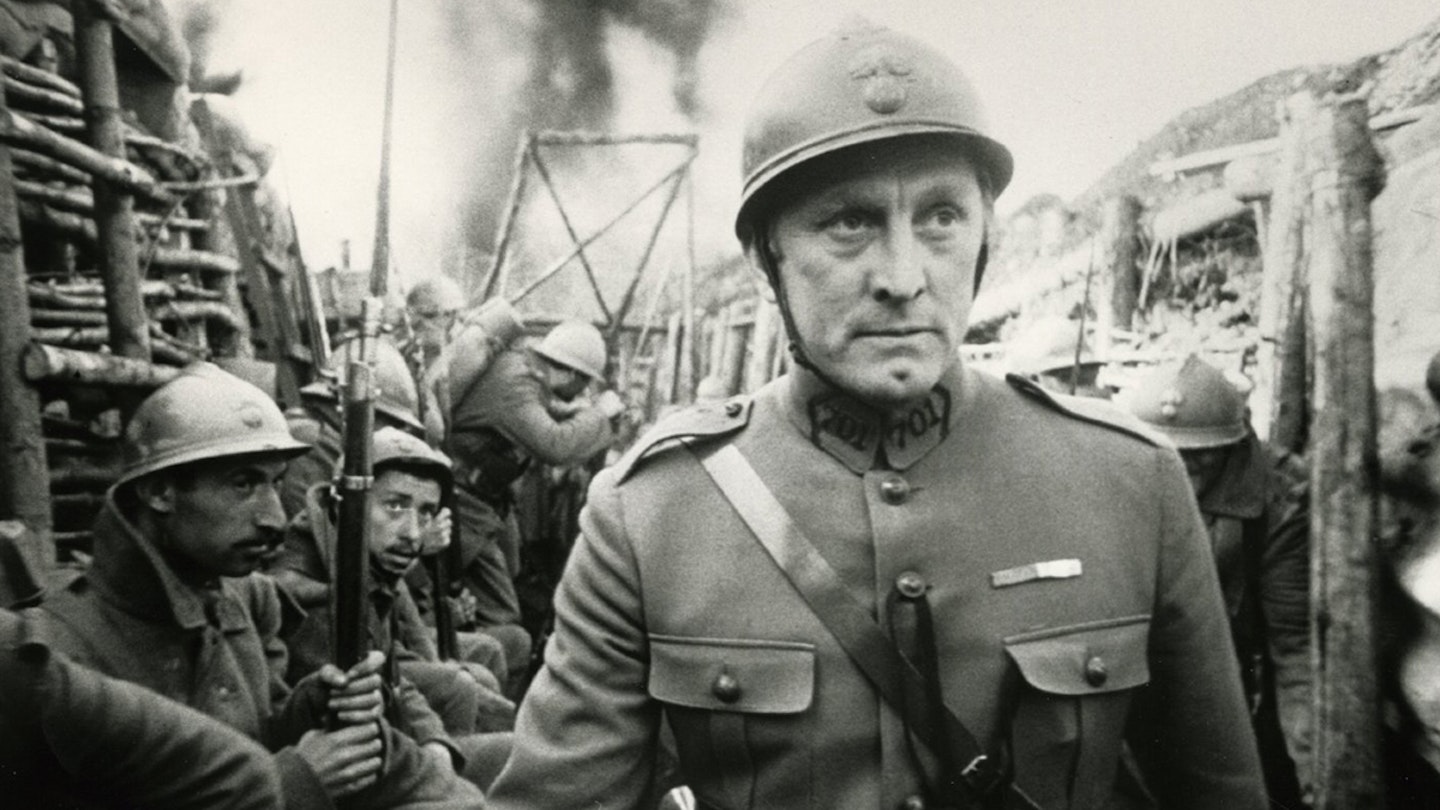As the commercially viable face of French cinema, the ever-beaming Jean-Pierre Jeunet could easily be dismissed as a gimmick merchant, a bravura showman who never breaks the skin of his movies. There's no doubt his style is as tricksy as a tea-time magic show: frenetic camera moves, baroque interchanges of flashbacks and forwards, stories embedded within stories, and whimsy up the wazoo - not to mention a penchant for the steam-punk décor of Jules Verne. How his head must buzz with all the bells and whistles he can blare at his avid fans with each new fairy tale.
The frothy Amélie, the fantastic The City Of Lost Children, the murky satire of Delicatessen (let's forget Alien: Resurrection, his heavy dunk in the Hollywood pond) all swim with the vivid wonder of his imagination. With A Very Long Engagement, however, his strokes are far stronger and cut deeper. Not that he's pulled an entirely straight face. In classification terms alone, the film is hedging its bets as a war movie, a love story, a Rashomon-style memory game, an Agatha Christie-esque detective romp, a noir-ish revenge drama and a loamy comedy of French peasantry with an unfortunate tinge of the Stella Artois ads about its pastoral charm.
Yet, in the midst of his trademark brio, Jeunet invests this tall tale with a sharp reality. By the rain-washed opening credits' conclusion we've been introduced to the dark side - there's nothing fizzy about this brute vision of life and combat in the French trenches, in many ways as turbulent and destabilising as Saving Private Ryan's Ohama Beach. The French maestro courageously rubs his light romance up against unflinching warfare - and the jarring cuts from windswept pastoral visions, as gilded as a Monet, to the deranged clutter of a killing field strike straight at the heart. Tautou, still as slender as a pixie, is less spirited and inspired than in Amélie, having to lock her magical smile away in dogged frowns. Mathilde is headstrong, lamed by childhood polio, and prone to losing her rag, but determined to clutch at her love like a life raft. There's a wonderful recurring riff on how she tempts fate to reveal the truth, testing her hopes against absurd challenges (a dog spilling through a door, the time it takes for a car to pass), all of which, to a bet, return teasingly unanswered.
It is very long, but never dull, the mystery regularly spinning on its heel to veer off in a new direction. You half wonder whether the film can ever tie itself together again as it unveils yet more characters and subplots, all micro-detailed and often richly funny. In one heart-breaking sojourn, Jodie Foster takes on a fluent cameo, while elsewhere a Corsican whore launches her own parallel mission, murderously dispensing with French officers care of some cunning devices.
Some may not endure the story's willful whirligigging, the pace is blinding, the flutter of names and moustaches dreadfully confusing, but the emotional drive couldn't be plainer. You care for Mathilde and you yearn for the truth, whatever form it might take. And as shadowy as the journey becomes, Jeunet, the optimist, also shows us a world of light.
